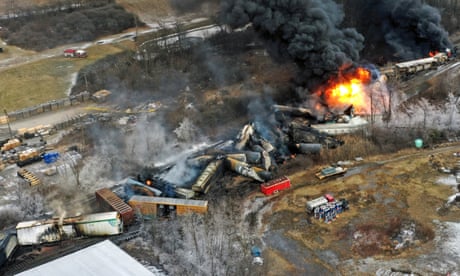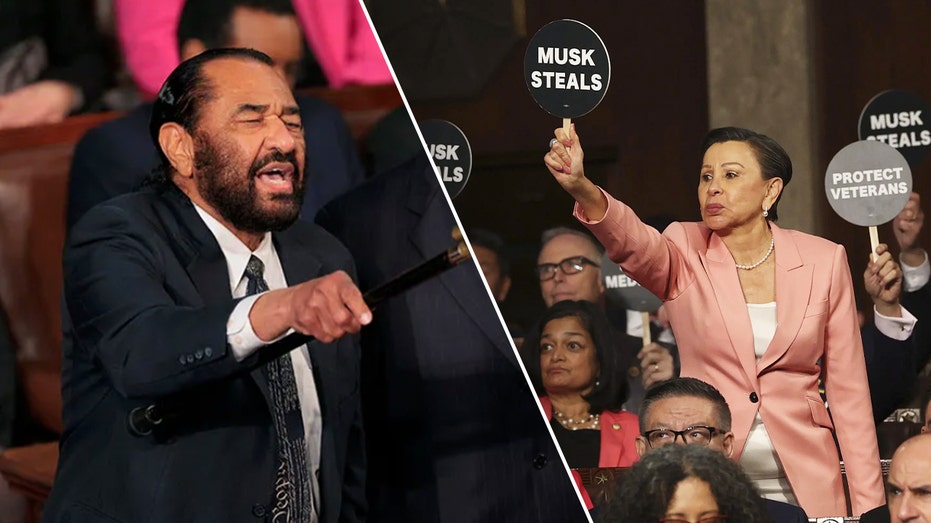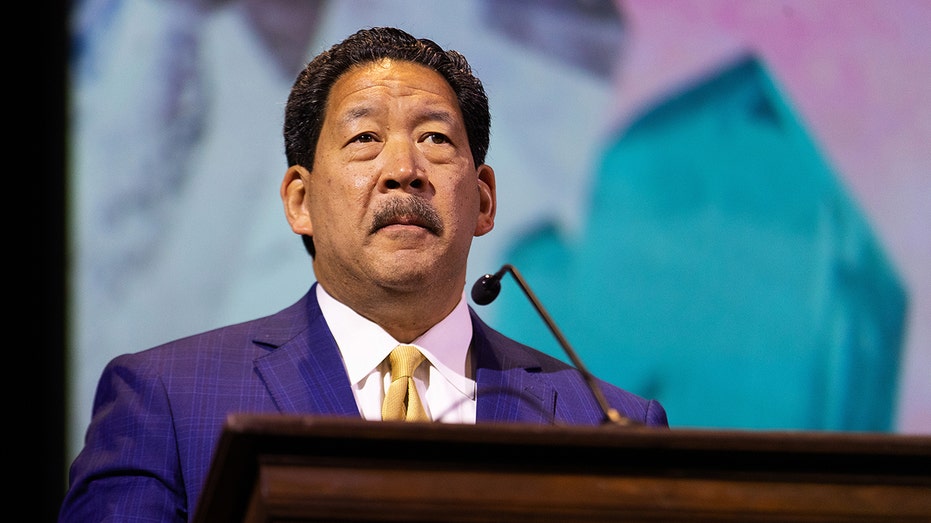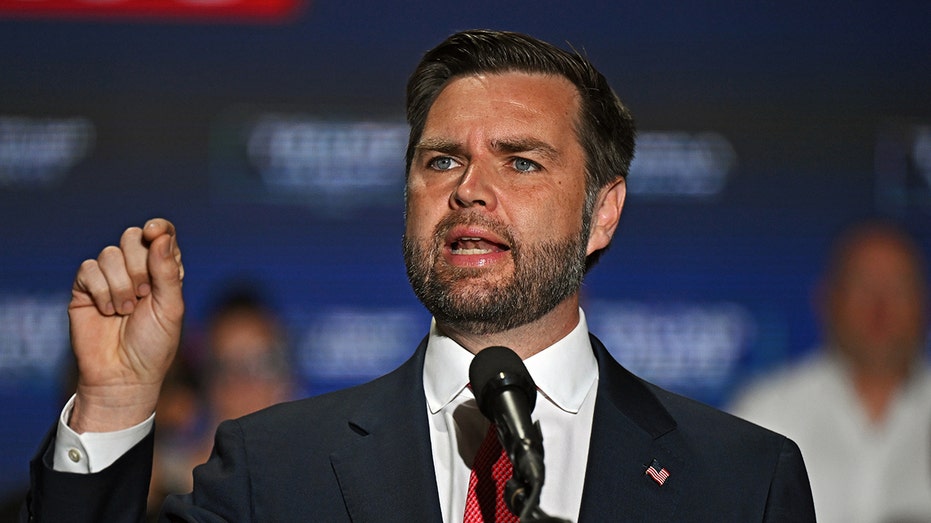- by foxnews
- 10 Mar 2025
Biden denies ‘bomb train’ permit to ship liquid gas through populated areas
Biden denies ‘bomb train’ permit to ship liquid gas through populated areas
- by theguardian
- 01 May 2023
- in politics

The Biden administration's transportation department has denied a special permit request from gas giant New Fortress Energy that was needed to run up to 200 liquified natural gas "bomb train" cars daily from north-east Pennsylvania to a New Jersey shipping terminal.
The proposal's opponents warned before the recent East Palestine train wreck that a derailment would likely result in a catastrophe, and those fears were amplified in the Ohio train disaster's wake.
The plan was significant because it asked for approval to move an "unprecedented" amount of liquified natural gas by rail, and seemed to be designed to circumvent more heavily regulated pipeline transportation, said Kim Ong, an attorney with the Natural Resources Defense Council, which worked to derail the plan.
The Department of Transportation did not give a reason for the denial in federal registry documents, and opponents to the proposal were "surprised" but pleased by the development, Ong added.
"It is hard to say why they decided to do what they did, but hopefully the East Palestine disaster would make them look more closely at the transport of all hazardous and explosive materials across the country," Ong said.
But she noted the New Fortress plan is still possible as long as Biden's transit department keeps in place a Trump-era rule allowing liquified natural gas, or LNG, to be transported by rail.
New Fortress did not immediately respond to a request for a comment.
Prior to the East Palestine disaster, 47 people were killed in the town of Lac-Megantic, Quebec, in 2013 when a runaway train exploded. In February 2020, a crude oil train derailed and exploded outside Guernsey, Saskatchewan, and an ethanol train in Kentucky derailed and burst into flames a week later.
Still, the Trump transportation department in 2020 approved a rule to allow 100 or more tank cars filled with 30,000 gallons (114,000 litres) of LNG to be shipped via rail. The decision was opposed by local leaders, unions, fire departments and the National Transportation Safety Board (NTSB).
"The risks of catastrophic LNG releases in accidents is too great not to have operational controls in place before large blocks of tank cars and unit trains proliferate," the NTSB wrote in a comment on the proposed rule.
Public health advocates note that 22 train cars filled with LNG hold the equivalent energy of the Hiroshima bomb, and the risk to people living near the rail lines was too great.
New Fortress's route would have taken its trains through Philadelphia and other densely populated areas where about 1 million people live in blast zones. Its destination was Gibbstown, New Jersey, from where the gas largely would have been shipped to the Caribbean.
Ong noted it is possible that New Fortress could still sue the transportation department because the Trump LNG rule remains on the books, and advocates have been pressuring US transportation secretary Pete Buttigieg to repeal it after the department missed three deadlines to do so, most recently in March.
"I hope they're delaying it because they're developing robust scientific studies and a robust set of evidence that demonstrates that LNG by rail is not safe to transport in any part of the US, under any circumstance," Ong said.
In a statement, the transportation department downplayed the urgency. It said specialized cars are needed to transport LNG under the new rule, and none had been ordered for manufacture.
The denial leaves the development of an LNG shipping terminal in Gibbstown unclear, though a department spokesperson said external litigation around exports had already halted it. The gas could be shipped by truck, but the volume that needs to be moved could be too large, Ong said.
The proposal was likely an industry test balloon to see if it could ship gas by rail instead of pipelines, which are subjected to much stricter environmental review and public scrutiny, and which can be blocked by state environmental rules, Ong said. By contrast, the federal environmental review for shipping by rail is "brief" and "very narrow in scope", she added.
"This is overtly an attempt to bypass federal regulations and build out LNG infrastructure in a much more rapid and much less responsible way," Ong said.
- by foxnews
- descember 09, 2016
Ancient structure used for cult 'rituals' discovered by archaeologists
A Neolithic Timber Circle was discovered by archeologists in Denmark resembling the historical landmark Stonehenge in the U.K. It is open to be viewed by the public.
read more





